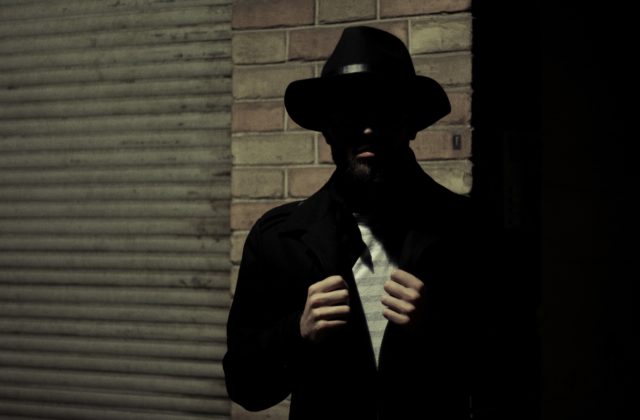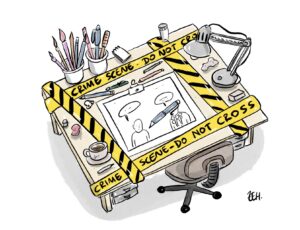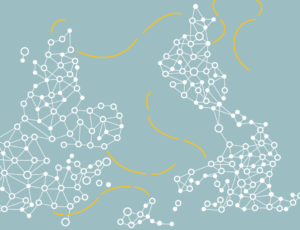
Are Secret Agencies all that Secret? The CIA's Public Life
NIAS Talk
About the program
Intelligence agencies are typically understood as highly secretive institutions, with their activities largely cloistered from public life. Increasingly, however, this is no longer the case. Since 9/11 they have found their activities publicised on the front pages of newspapers on an almost routine basis. Numerous major public enquiries, conspiracy theories such as narratives of the “deep state”, major Hollywood movies and television dramas, whistle blowers and public referenda, have all forced intelligence services into an uncharacteristically public role.
Traditionally, Western intelligence services have prided themselves on being apolitical and somehow aloof or detached from political partisanship. In the last two US Presidential elections, however, we have seen how intelligence services like the Central Intelligence Agency (CIA) have become a key issue on the electoral battleground, with numerous former senior intelligence officers breaking this tradition of non-partisanship, and taking sides.
This talk explores the fact that with complete secrecy no longer an option, the CIA has shifted towards a strategy of information management and public relations. They have worked more closely with journalists, filmmakers and writers to improve their public image, and contain scandals when they arise. Ultimately, this new and uncomfortable (for them) existence as partly-public and partly-secret, has profound implications for both way in which intelligence services themselves operate, and the manner in which we as citizens understand their place within democratic society.
About the speakers:
Simon Willmetts is Assistant Professor in Intelligence and National Security at Leiden University. During his NIAS fellowship Willmetts is researching how the Central Intelligence Agency shaped American cultural and political ideas, and in turn, how have those ideas shaped the work of American intelligence?
Richard Aldrich is Professor of International Security at the University of Warwick. He is a world-renowned expert on intelligence and security and has written numerous highly regarded books on the subject. His latest, Behind the Black Door focussed upon the relationship between British intelligence agencies and Prime Ministers. Previously he led a major research project on the US Central Intelligence Agency entitled The Landscapes of Secrecy: The CIA and the Contested Record of US Foreign Policy. Currently he is working on a book about the decline of official secrecy in the digital age.
Willemijn Aerdts is a Lecturer on Intelligence and National Security at the Institute of Security and Global Affairs (University of Leiden). Her research focusses upon intelligence oversight in a European context. In particular, she is an expert on Dutch intelligence and intelligence oversight, and a regular commentator in the Dutch media on intelligence and national security issues. She is also a member of the Peace and Security Committee of the Advisory Council on International Affairs, and in the past has participated in the World Economic Forum as a Global Shaper, and at the United Nations General Assembly Special Session on Children.
Rutger van der Hoeven is a journalist and historian. He works as editor of foreign affairs at De Groene Amsterdammer and is Lecturer at Universiteit Utrecht, where he focusses on the history of photography and the Vietnam War. Van der Hoeven was a NIAS Fellow in the 2012/13. During his fellowship Van der Hoeven wrote over 60.000 words of a book manuscript on photography, photojournalism and the globalisation of images.
Fenneke Wekker (moderator) is Head of Academic Affairs at NIAS.



